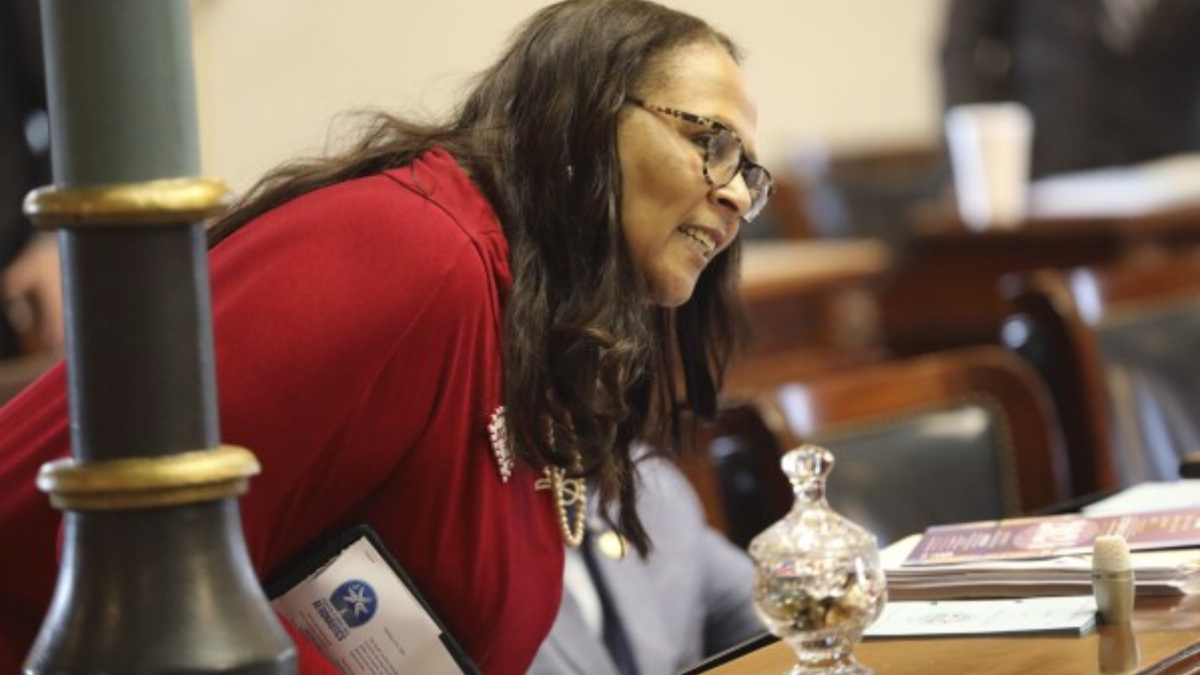South Carolina lawmakers are preparing to revisit a stalled hate crimes bill in the upcoming 2024 legislative session. This bill, which seeks to introduce stronger penalties for crimes driven by bias related to race, religion, gender, and other characteristics, has struggled to pass in recent years. South Carolina remains one of the few states without a formal hate crimes law.
The bill gained momentum in 2023, passing the state House but stalling in the Senate. Supporters of the bill argue that South Carolina needs stronger legal protections for those targeted due to personal characteristics, a sentiment shared by numerous civil rights groups, businesses, and victims of hate-fueled violence.
Despite the bill’s setbacks, its advocates remain hopeful for its passage in 2024. They believe that a hate crimes law would send a clear message against discrimination and violence, fostering a more inclusive and fair society. However, the bill still faces resistance from some lawmakers, particularly those who believe current laws are sufficient to address the issue.
The passage of this legislation would make South Carolina more aligned with other states that have enacted similar laws. It could also bring justice to victims of hate crimes, who often feel that the legal system fails to acknowledge the full extent of the harm done when bias is involved. The debate on this bill ties into broader discussions about justice reform and public safety across the state.
As the 2024 session approaches, the outcome of this bill remains uncertain. However, the ongoing advocacy and public support suggest that there could be a turning point in South Carolina’s approach to addressing hate crimes and ensuring a safer, more equitable environment for all residents.
For more information on the legislative process surrounding the bill, visit abcnews4.com
Note: Every piece of content is rigorously reviewed by our team of experienced writers and editors to ensure its accuracy. Our writers use credible sources and adhere to strict fact-checking protocols to verify all claims and data before publication. If an error is identified, we promptly correct it and strive for transparency in all updates.








